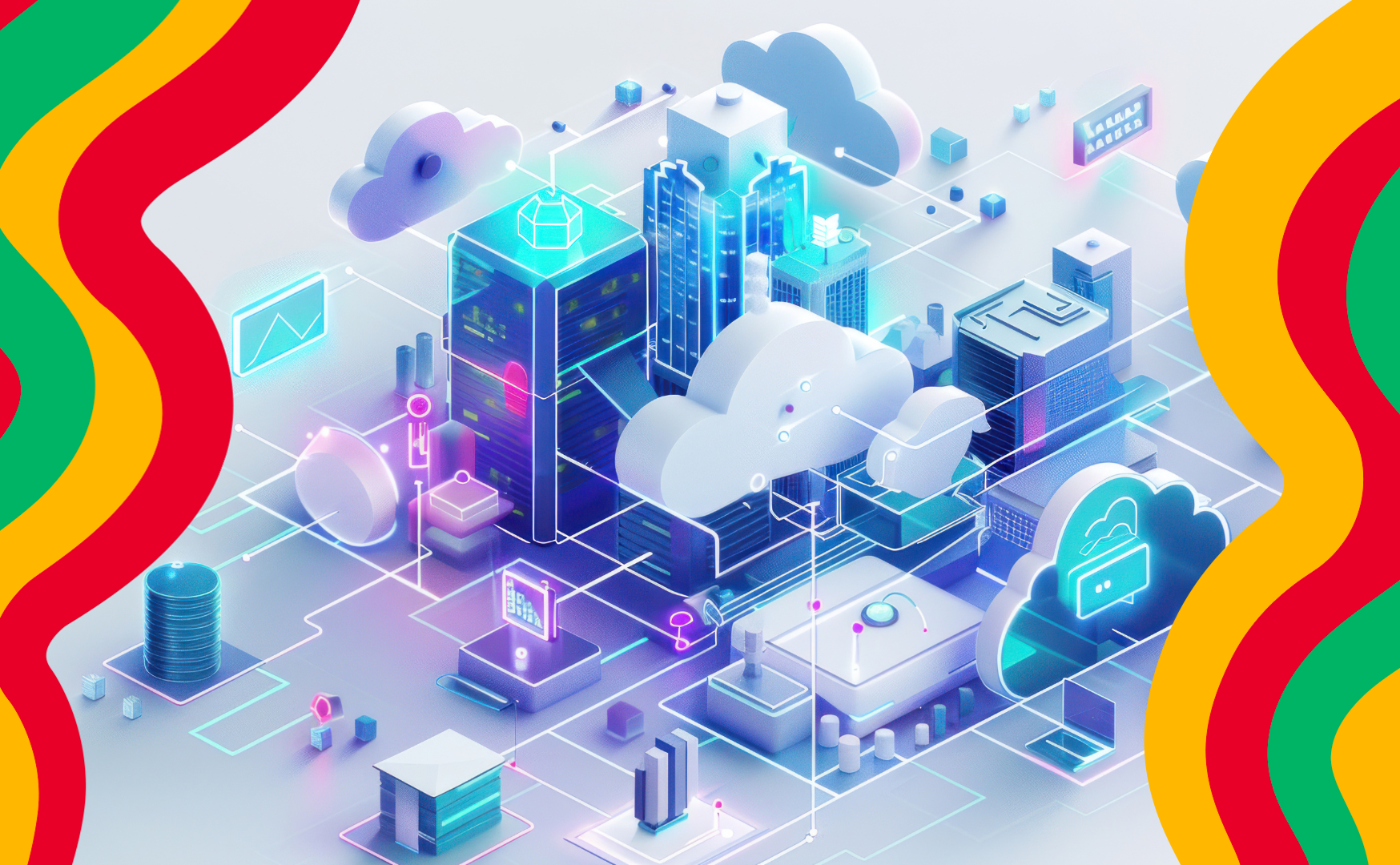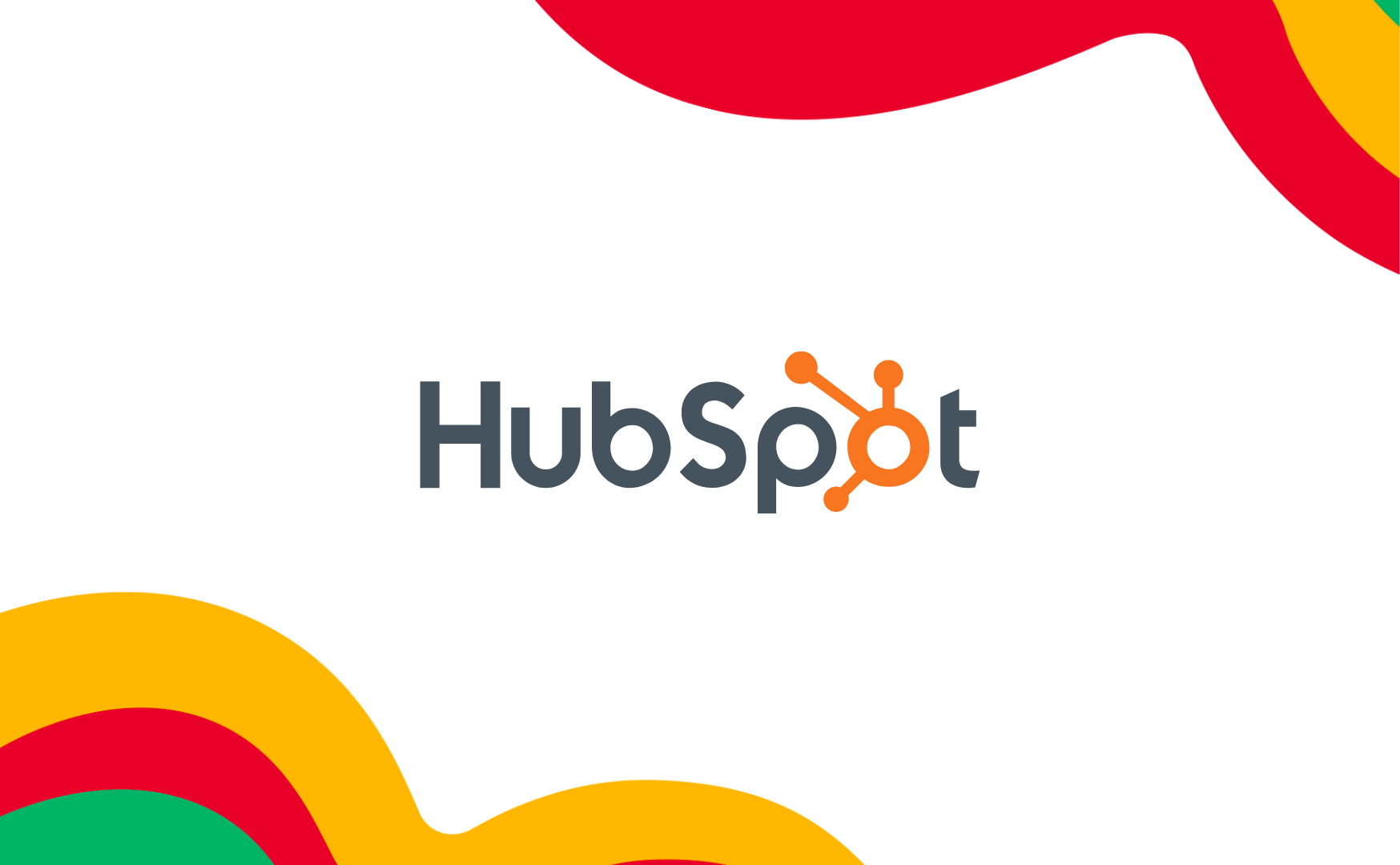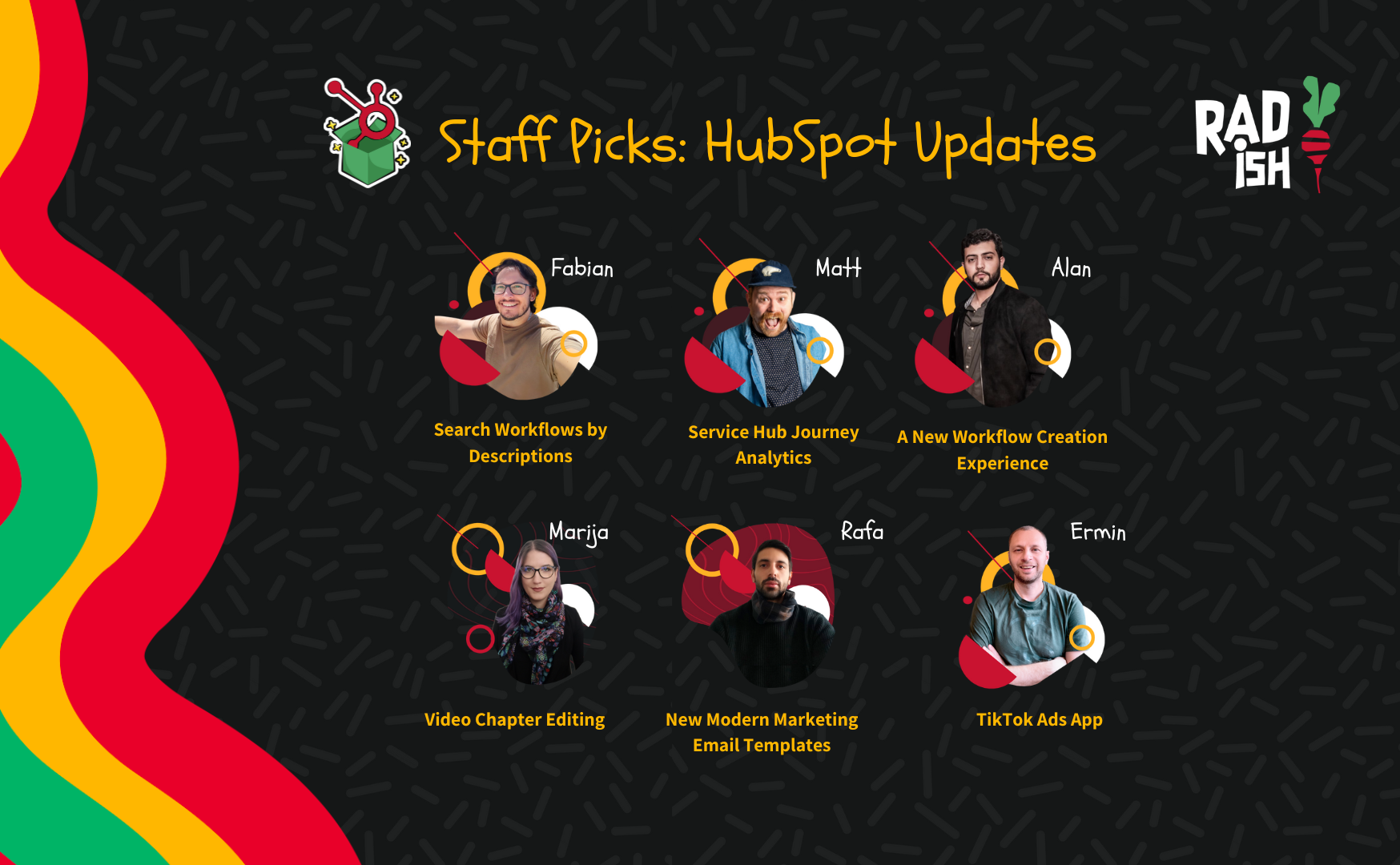The Ultimate Guide to Marketing Automation: Unlock Efficiency and Enhance Customer Experience

Marketing automation has revolutionized how businesses approach customer engagement. By automating repetitive tasks, it empowers marketing teams to focus on strategic initiatives that drive growth. This guide delves into the essentials of marketing automation, highlighting its benefits, best practices, and the top tools you need to elevate your strategy.
What Is Marketing Automation?
At its core, marketing automation refers to using software to automate routine marketing tasks across email, social media, and other digital channels. It’s designed to nurture prospects at every stage of the customer journey, ensuring personalized interactions while saving time and resources.
Cathal Melinn, a marketing expert, puts it best:
"Automation is not about taking jobs away from marketers; it's about reshaping what marketers do."
Benefits of Marketing Automation
- Improved Collaboration Between Teams
Automation bridges the gap between sales and marketing by creating streamlined workflows, enabling both teams to collaborate effectively on nurturing leads and closing deals.
- Time and Cost Savings
By automating tasks like email follow-ups and social media posting, marketers can shift their focus to creative and strategic work, leading to greater productivity and reduced operational costs.
- Precise Audience Targeting
Marketing automation tools can track user behavior in real time, allowing for highly personalized communications. For instance, during Black Friday, automated tools can segment your audience based on past behavior, ensuring relevant offers reach the right people at the right time.
- Consistency in Branding
Maintaining a cohesive brand voice across channels is crucial. Automation ensures that your content remains consistent, enhancing brand recognition and trust.
How Marketing Automation Works: A Step-by-Step Example
Imagine a user downloads an ebook from your website:
- Capture Data: The user’s information is automatically added to your CRM.
- Personalized Response: An email is sent thanking them for the download, tailored to their interests.
- Nurture the Lead: Follow-up emails, based on the user's interactions, encourage further engagement and drive conversions.
Top Marketing Automation Tools
- Marketo Engage Offers AI-driven insights for omnichannel engagement and aligns marketing with sales through lead scoring.
- ActiveCampaign Provides advanced automation for email, SMS, and social media, along with A/B testing for optimized campaigns.
- Customer.io Integrates real-time data to deliver personalized messaging across mobile and web platforms.
- MailChimp Renowned for its user-friendly interface, it’s ideal for small businesses seeking powerful email marketing automation.
- HubSpot A comprehensive platform that offers CRM integration, marketing automation, and sales tools. HubSpot excels in email marketing, lead nurturing, and detailed analytics, making it a favorite for businesses of all sizes.
Tips for Successful Marketing Automation
- Know Your Audience
Develop detailed buyer personas to tailor your messaging effectively.
- Set a Consistent Tone
Ensure your brand voice is uniform across all platforms to build trust and familiarity.
- Stay Human
Despite automation, infuse your content with a personal touch to keep it engaging and relatable.
- Leverage A/B Testing
Continuously test variations in content to determine what resonates best with your audience.
- Evaluate and Optimize
Regularly review analytics to identify areas for improvement and ensure your automation strategies remain effective.
The Future of Marketing Automation: AI Integration
Artificial intelligence (AI) is the driving force behind many advancements in marketing automation. From personalized recommendations to intelligent content creation, AI tools are set to further enhance the efficiency and effectiveness of automated marketing strategies.
According to Statista, the AI-driven marketing automation market is projected to surpass $107 billion by 2028, underscoring its growing importance in digital marketing.
3 marketing automation examples
1. Airbnb: Leveraging Automation for Personalization and Growth
Airbnb's rapid growth is fueled by its strategic use of marketing automation. By tapping into emerging technologies, Airbnb automates critical processes to enhance customer experience and drive engagement:
Personalized Recommendations: Using user data such as search history, preferences, and location, Airbnb offers tailored travel suggestions that resonate with each user.
Targeted Advertising: Automated tools analyze customer behavior to deliver precise, data-driven ads, increasing conversions.
A/B Testing for Optimization: Marketing automation enables Airbnb to test different strategies, optimizing user experiences by tweaking site designs, marketing approaches, and user flows.
Data-Driven Content Creation: Analyzing travel trends and user preferences allows Airbnb to produce content that aligns with consumer intent, boosting search visibility and engagement.
These innovations help Airbnb maintain its position as a leader in the travel industry, creating a self-sustaining growth ecosystem.
2. BuzzFeed: Streamlining Branded Content with Automation
BuzzFeed relies on marketing automation to efficiently manage its vast array of branded content. Key strategies include:
Automated Social Media Scheduling: Automation helps BuzzFeed deliver timely, consistent social media posts across platforms.
Optimized Paid Advertising: Automation tools analyze audience segments, enabling BuzzFeed to create highly targeted, performance-driven ad campaigns.
In 2024, these strategies contributed to a 9% increase in programmatic ad revenue, reaching $17.3 million, showcasing the effectiveness of automation in scaling content distribution.
3. Netflix: Personalization at Scale with Automation
Netflix’s dominance in the streaming industry is partly due to its innovative use of marketing automation to enhance user experience:
Customized Landing Pages: Netflix creates unique landing pages for each user based on preferences, viewing history, and behavior patterns.
Industry-Leading Recommendation Engine: Automation powers Netflix’s recommendation system, influencing about 80% of viewing choices by tailoring content suggestions to individual users.
By combining creativity with data-driven automation, Netflix delivers an unparalleled personalized experience, cementing its leadership in the streaming market.
Conclusion
Marketing automation is not just a tool—it's a transformative strategy that enhances efficiency, drives personalization, and ultimately boosts ROI. By integrating the right tools and following best practices, businesses can create seamless, impactful customer journeys that stand out in today's competitive digital landscape.
Share this
You May Also Like
These Related Stories

Unlocking the Potential of HubSpot API: Applications and Emerging Trends for 2024-2025

HubSpot Extension: Boost Productivity & Streamline Workflows
